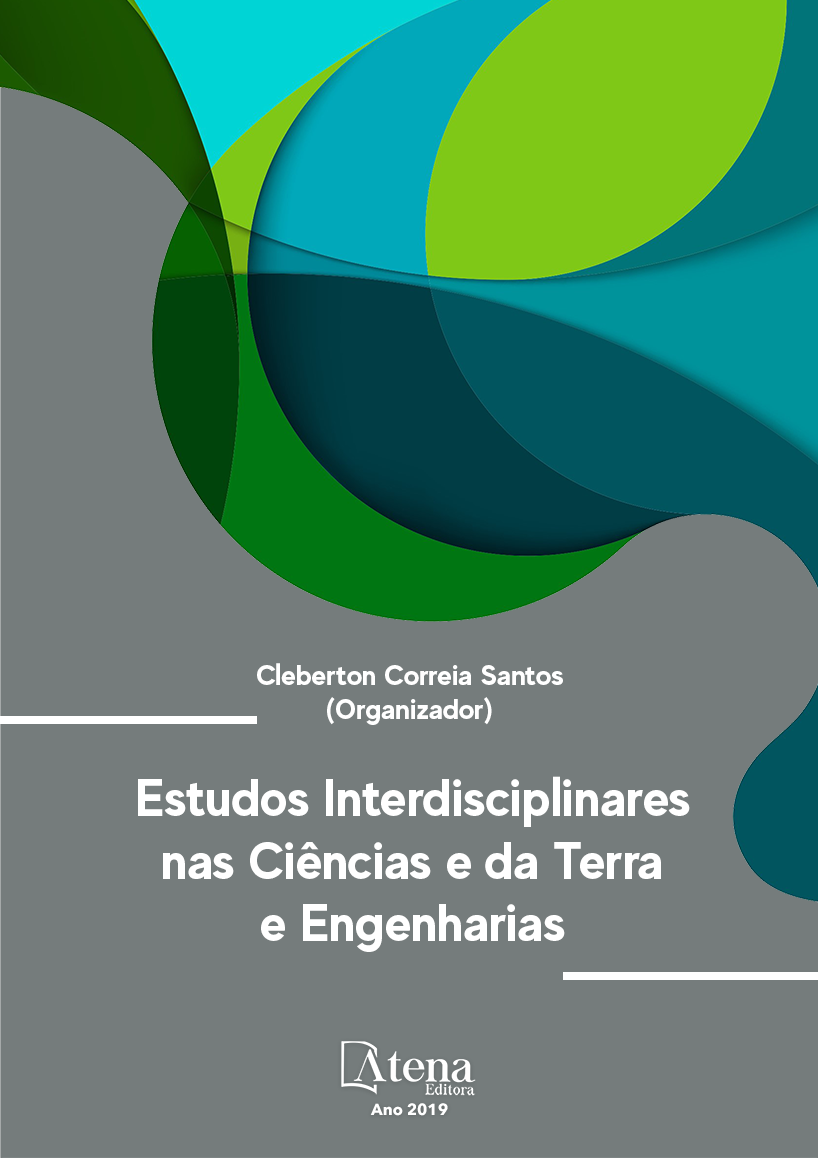
REDE FEDERAL EM SANTA CATARINA: ORIGEM, TRAJETÓRIA E ASPECTOS GERENCIAIS
O estudo tem por objetivo investigar
a origem, trajetória de implantação e aspectos
gerenciais da Rede Federal - RFEPCT, no
Estado de Santa Catarina, Brasil. Por meio
de uma pesquisa exploratória, com método
qualitativo e técnica de análise documental.
Foram analisados documentos do MEC, do
IFSC e do IFC e legislação pertinente, por meio
de análise de conteúdo. Para compreender
o processo de aprendizagem organizacional
foi realizada uma pesquisa descritiva, com
levantamento de campo, e a adoção de um
questionário, com procedimentos estatísticos.
Há evidências de uma implantação favorável do
IFSC. Sendo já constituído com estrutura multicampi,
vinculação pedagógica, administrativa
e financeira com a unidade sede anterior. Há
evidências de maior dificuldade na implantação
do IFC, que se constituiu com uma estrutura
multi-campi, a partir da união de cinco autarquias
(colégios agrícolas), que detinham autonomia
administrativa, financeira e pedagógica. Para o
funcionamento do IFC essas funções passaram
a ser orientadas centralmente pela reitoria. O
IFC enfrentou maiores dificuldades em razão da
cultura organizacional da nova instituição e dos
antigos Colégios Agrícolas. Para ambos, IFSC e
IFC as novas funções e cargos, expansão física
e de modalidades e níveis de ensino levaram
a necessidade de um novo modelo de gestão.
Conclui-se que a RFEPCT em SC caracterizase
como uma rede pública de cooperação
federativa: estado e políticas públicas, em fase
de consolidação por meio da institucionalização
da aprendizagem organizacional.
REDE FEDERAL EM SANTA CATARINA: ORIGEM, TRAJETÓRIA E ASPECTOS GERENCIAIS
-
DOI: 10.22533/at.ed.21819110932
-
Palavras-chave: Rede Federal; Aprendizagem Organizacional; Redes Públicas de Cooperação.
-
Keywords: Federal Network; Organizational Learning; Public Networks of Cooperation.
-
Abstract:
The study aims to investigate the
origin, deployment trajectory and managerial
aspects of the Federal Network - RFEPCT, in
the State of Santa Catarina, Brazil. Through an
exploratory research, with qualitative method
and technique of documentary analysis.
MEC, IFSC and IFC documents and relevant
legislation were analyzed through content
analysis. To understand the organizational
learning process, a descriptive research was
carried out, with field survey, and the adoption
of a questionnaire, with statistical procedures.
There is evidence of a favorable IFSC deployment. Being already constituted with
multi-campus structure, pedagogical, administrative and financial link with the previous
headquarters unit. There is evidence of greater difficulties in the implementation of the
IFC, which consisted of a multi-camp structure, from the union of five municipalities
(agricultural colleges), which had administrative, financial and pedagogical autonomy.
For the operation of the IFC, these functions began to be oriented centrally by the
rectory. IFC faced greater difficulties because of the organizational culture of the new
institution and the former Agricultural Colleges. For both IFSC and IFC the new roles
and positions, physical expansion and modalities and levels of education have led to
the need for a new management model. It has concluded that the RFEPCT in SC is
characterized as a public network of federative cooperation: state and public policies,
in the consolidation phase through the institutionalization of organizational learning
-
Número de páginas: 15
- sonia regina lamego lino


